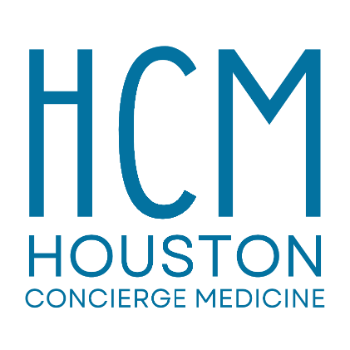Opioid Addiction Treatment in Houston, Texas
Welcome to the Houston Concierge website, where we provide personalized and compassionate care for all your healthcare needs. Today, we will be discussing the topic of Opioid Addiction - a serious and complex issue that is affecting individuals and families across the country.

What is Opioid Addiction?
Opioid addiction, also known as opioid use disorder, is a chronic medical condition characterized by the compulsive use of opioids despite harmful consequences. Opioids are a class of drugs that include prescription pain relievers such as oxycodone, hydrocodone, and morphine, as well as the illegal drug heroin.
When someone becomes addicted to opioids, their brain chemistry is altered, leading to a physical and psychological dependence on the drug. This dependency can cause intense cravings and withdrawal symptoms when the drug is not consumed, making it difficult for individuals to stop using opioids on their own.

What Are The Symptoms of Opioid Addiction?
There are several signs and symptoms that may indicate someone is struggling with opioid addiction. These can include:
- Increased tolerance to opioids, requiring higher doses to achieve the desired effects
- Withdrawal symptoms when opioids are not consumed, such as nausea, sweating, and anxiety
- Using opioids in larger amounts or for longer periods than intended
- Spending a significant amount of time obtaining, using, and recovering from the effects of opioids
- Neglecting responsibilities at work, school, or home due to opioid use
- Continuing to use opioids despite negative consequences on relationships, health, or finances
- Loss of interest in activities that were once enjoyable
- Using opioids to cope with emotional distress or to escape from reality
If you or a loved one is experiencing these symptoms, it is important to seek help from a healthcare provider as soon as possible.
What are the diagnoses and treatments of Opioid Addiction?
Diagnosing opioid addiction involves a comprehensive evaluation by a healthcare provider, including a physical exam, a review of medical history, and assessments of substance use patterns and symptoms. Healthcare providers may also use diagnostic criteria outlined in the Diagnostic and Statistical Manual of Mental Disorders (DSM-5) to determine if an individual meets the criteria for opioid use disorder.
Treatment for opioid addiction typically involves a combination of medication-assisted treatment (MAT), counseling, and behavioral therapies. MAT uses medications such as buprenorphine, methadone, or naltrexone to help reduce cravings and withdrawal symptoms, allowing individuals to focus on their recovery.
Counseling and behavioral therapies are essential components of treatment, helping individuals explore the underlying causes of their addiction, develop coping skills, and make positive changes in their lives. Therapy can be provided in individual, group, or family settings, depending on the individual's needs.
In addition to medication and therapy, support groups such as Narcotics Anonymous or SMART Recovery can provide ongoing support and encouragement for individuals in recovery. These groups offer a sense of community and understanding, helping individuals stay motivated and connected to others who are facing similar challenges.
Opioid Addiction Treatment
Suboxone is a medication that was approved by the FDA in 2002 to treat opioid use disorder (OUD). It contains two ingredients, buprenorphine and naloxone, which work together to alleviate the symptoms of withdrawal and cravings.
Buprenorphine binds to the brain’s receptors, reducing withdrawal symptoms and cravings. Naloxone, on the other hand, completely blocks receptors. By preventing withdrawal symptoms and cravings, Suboxone can be an effective treatment for opioid dependency.



